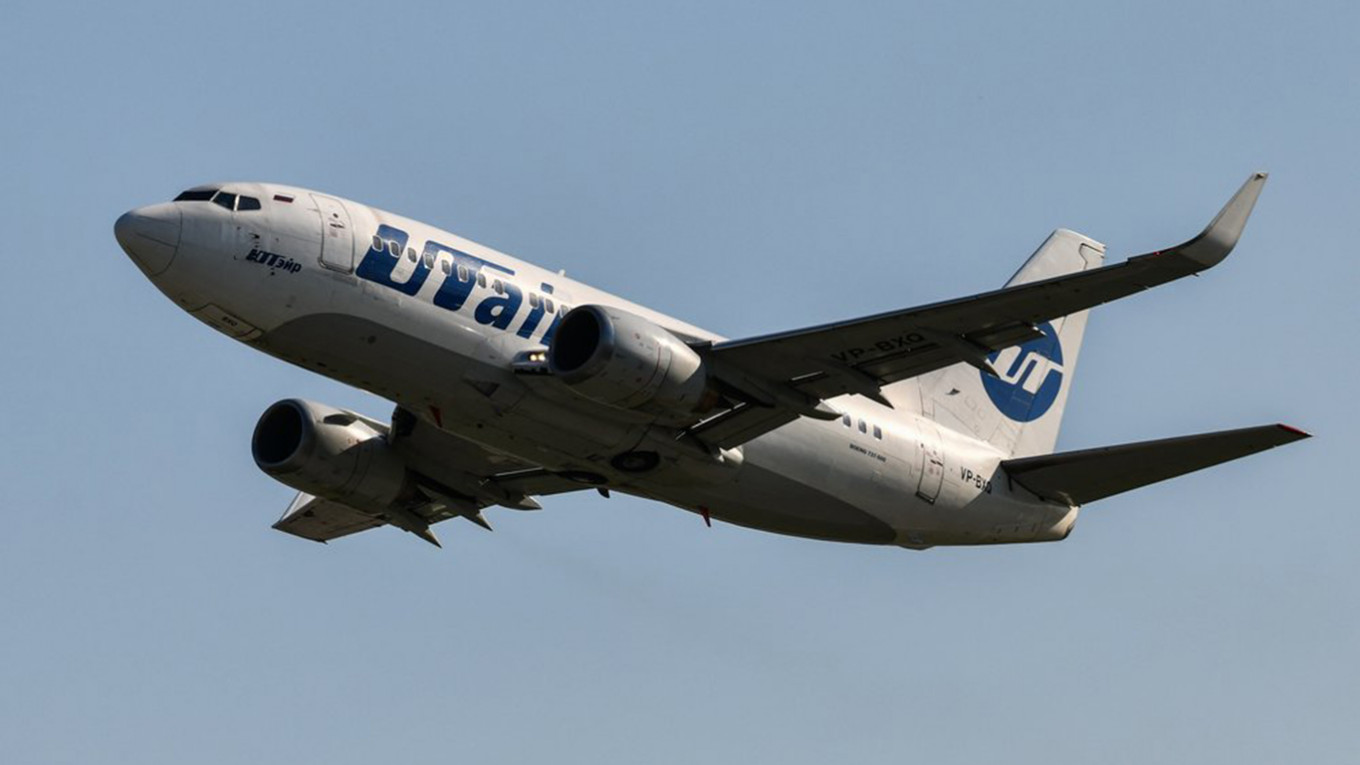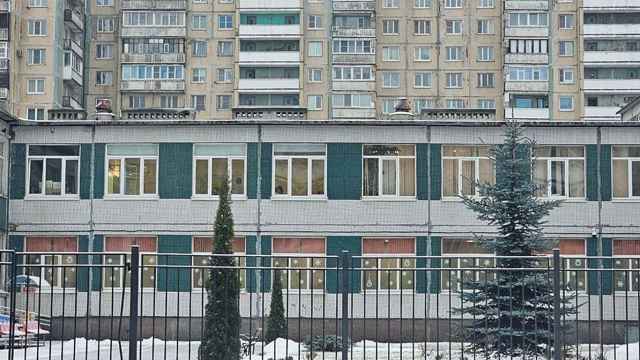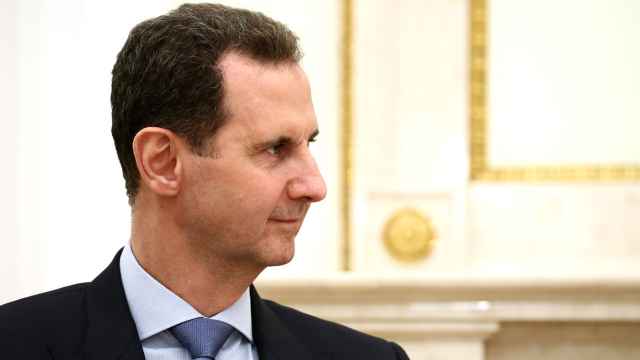Three Russian passenger planes flying domestic routes on Thursday were targeted with anonymous bomb threats while airborne, local media said.
Anonymous messages were passed to emergency services and a Moscow airport warning that the planes had a bomb on board, Russian news agencies said.
One plane was flying from Saint Petersburg to the Crimean city of Simferopol for Rossiya airline, Interfax news agency reported.
Threats also targeted Aeroflot planes flying from Moscow's Sheremetyevo airport to the northwestern city of Syktyvkar and the Siberian city of Omsk.
Crews opted not to divert the planes, which landed safely at their destinations, and no bombs were found on board.
President Vladimir Putin's spokesman Dmitry Peskov said the security services were working to identify the culprit.
"Let's hope that sooner or later they will be caught and punished in accordance with the law," Peskov told reporters.
A spokesman for Sheremetyevo airport refused to comment to AFP on the bomb threats and spokespeople for Russia's Transport Police said they were unaware of the incidents.
On Tuesday, two Russian planes flying to Moscow from the far eastern city of Vladivostok and the Siberian city of Novosibirsk made emergency landings while en route due to anonymous bomb threats.
In recent months Russia has seen a raft of bomb hoaxes that forced the evacuation of courts, schools and malls.
The warnings of planted bombs, all of them false, have been sent to numerous Russian cities, targeting the capital in particular.
Authorities have so far appeared unable to find who is behind the threats, even after months of disruption to public life.
The false threats have been linked to a blackmail scheme demanding the Bitcoin virtual currency.
A Message from The Moscow Times:
Dear readers,
We are facing unprecedented challenges. Russia's Prosecutor General's Office has designated The Moscow Times as an "undesirable" organization, criminalizing our work and putting our staff at risk of prosecution. This follows our earlier unjust labeling as a "foreign agent."
These actions are direct attempts to silence independent journalism in Russia. The authorities claim our work "discredits the decisions of the Russian leadership." We see things differently: we strive to provide accurate, unbiased reporting on Russia.
We, the journalists of The Moscow Times, refuse to be silenced. But to continue our work, we need your help.
Your support, no matter how small, makes a world of difference. If you can, please support us monthly starting from just $2. It's quick to set up, and every contribution makes a significant impact.
By supporting The Moscow Times, you're defending open, independent journalism in the face of repression. Thank you for standing with us.
Remind me later.






